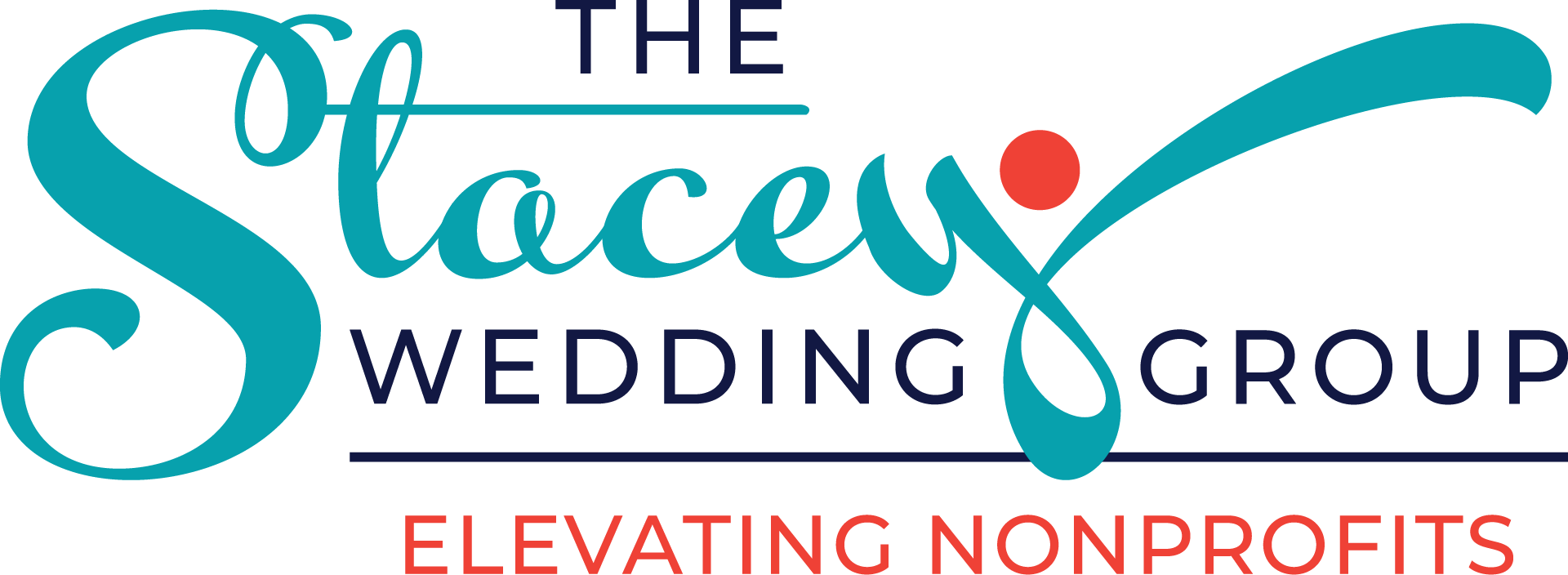[Blog post written by Cami Lewis, PiP’s Operations Catalyst]
I have had the opportunity to both work for a nonprofit as paid staff as well as participate on and eventually lead a nonprofit board. While both roles focus on furthering the objectives of the organization, they come at it from two very different directions. I wanted to share just a few things the board, Chair and Executive Director can do from the perspective of sitting in both chairs.
As a nonprofit employee… I worked for a national nonprofit with offices in 3 different cities. I took my direction from my boss and also sometimes directly from the Executive Director whose job was to ensure that the direction, guidance and decisions of the board were carried out. He also had to ensure that we, the employees, had what we needed from the board (resources, appropriate budget, etc.) to be able to carry out those directions. As everyone reading this is well aware, money is always a big consideration when working for a nonprofit and putting it to the best use to benefit the intended demographic is a tireless job.
Employees want and need to be paid to do a job… they want healthcare and benefits, vacation time, paid holidays, and more. And as employees we deserve those things. When you work for a nonprofit, you are also saying: “This cause is important to me. And because of that, I am willing to sacrifice some of the things I would get working for a for-profit company (higher salary, potentially increased benefits).” And still, knowing that, it is sometimes hard to live that reality. Life can be expensive sometimes!
What an Executive Director and board can do:
• Make sure that the vision, mission, strategy and focus of the organization are communicated throughout the entire organization. This gives employees the opportunity to “buy in” to the vision, and will help them connect to it, driving their productivity and focus.
• Let employees know they are doing good work, and that they are making a difference. Do this often. Being able to see the impact they helped make is a big part of what drives most people who choose to work for a nonprofit. And for some, being recognized for their efforts is as important as getting paid.
As a Board Chair for a small nonprofit… I learned how difficult it can be to get a room full of different personalities, with their own jobs or businesses, and their own ideas of what is best for the organization, on the same page. They have a desire to serve, believe in the cause – hopefully they donate their own funds in support of the nonprofit– and they have full-time lives as well.
If you have a working board, as ours was, there is little – or no – staff to carry out the vision of the board. It is on the shoulders of the board members to not only cast the vision and direction of the organization, but to have a large hand in implementing them as well. This can be a lot to ask, and potential board members need to understand what they are getting into before they join.
What a Board Chair can do:
• Work to create alignment between the members of the board and the Executive Director (if there is one). This can sometimes be a challenge with all the different personalities and agendas that are sure to be in the room. Find common ground, focus on the mission of the organization that brought them all there, and build on that.
• Communicate often. In short emails, texts or phone messages, help the organization and their role in it stay at the top of their mind. It is so easy to get involved in life and not think about the nonprofit until it is time for another board meeting. This leads to pressure to get assignments done in time for the meeting. Regular communication can help.
• Similar to nonprofit employees, board members join nonprofit boards because they want to make a difference. They believe in your cause… thank them, OFTEN. Let them know how they have helped make an impact. Have part of your board meeting include sharing a story or two about how your organization has helped (this will have the added benefit of giving them something to share when they are asking others for donations).
Being part of a nonprofit in any capacity is a rewarding experience. No matter what your role, my best advice is to show up, be present and use your skills, talents and time to make your imprint the most impactful it can be.
